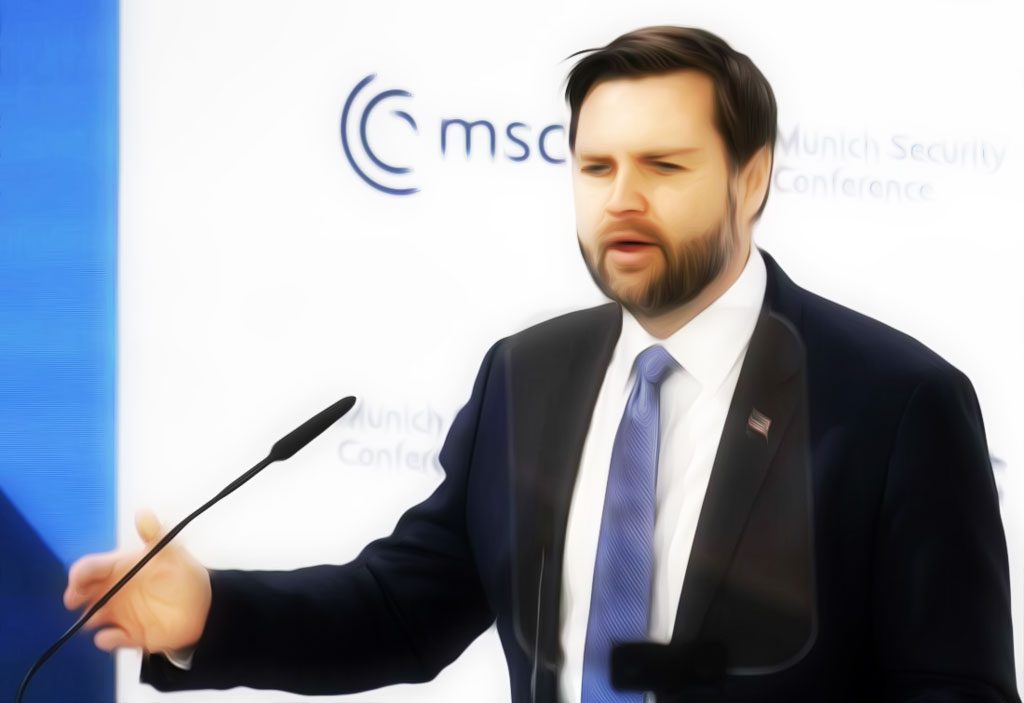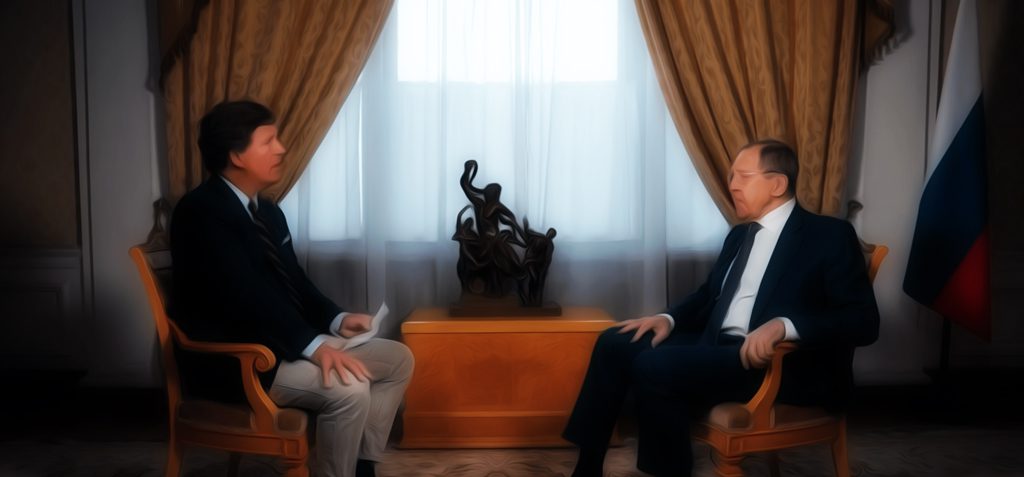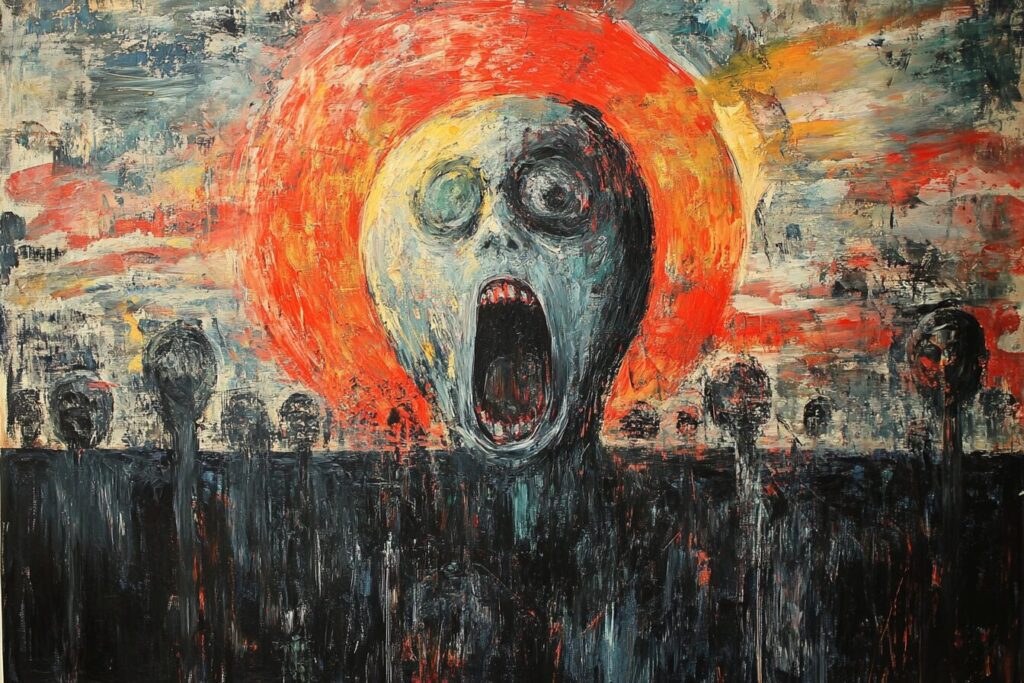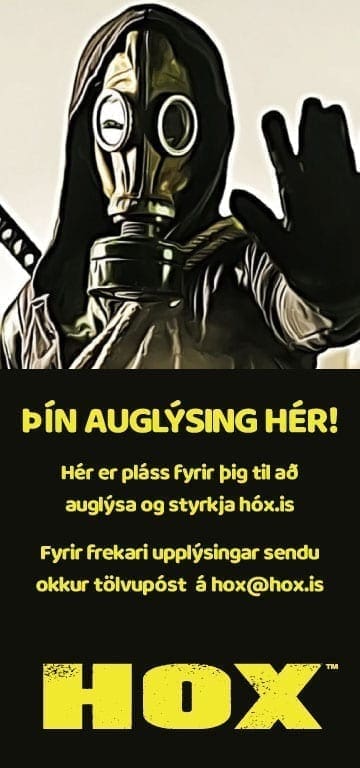In a recent video titled “NATO pushes war against Serbia as violence erupts in Kosovo” by Clayton Morris, the discussion centres around the escalating violence in Serbia and the role of NATO peacekeepers in the region. Alexander Povich, an independent journalist from Belgrade, Serbia, provides insights into the historical context and current situation in Serbia, shedding light on a topic that has received little coverage in the Western media.
The violence in Serbia traces back to 1999, when NATO bombed the country without a UN Security Council resolution. The bombing caused significant damage to civilian infrastructure, estimated at nearly $100 billion, which Serbia has not been compensated for. Following the bombing, the UN Security Council passed Resolution 1244, establishing a peacekeeping mission headed by NATO. However, instead of maintaining peace, NATO allegedly supported the ethnic Albanians in Kosovo, who proclaimed independence in 2008 in violation of Resolution 1244.
Povich explains that the Western powers, such as the US and the EU, have recognized Kosovo’s independence, pressuring other countries to do so despite Serbia’s refusal to acknowledge it. Furthermore, NATO has been helping Kosovo build its army, a clear violation of Resolution 1244.
The situation in Serbia has worsened in recent years, with the establishment of a reign of terror led by Albanian extremist Albin Kurti, who aims to cleanse Kosovo ethnically. This has shown some Serbian locals to self-organize to defend themselves against these attacks, as they feel abandoned by the West. The recent violence and NATO’s support of the Kosovo police special forces have heightened regional tensions.
Povich believes that the West, particularly NATO, does not want to pressure their local allies in Kosovo. Additionally, the West seeks Serbia’s recognition of Kosovo and its compliance with sanctions against Russia, which Serbia vehemently opposes. There have been scattered calls for Russian intervention, but Serbia has yet to make an official request.
The future for Serbia remains uncertain, with elections looming and rising sentiment against the West. The Western powers also pressure neighbouring countries like Bosnia and Herzegovina, urging them to cut ties with Serbia and adopt pro-NATO stances.
The lack of coverage in the Western media about this volatile situation in Serbia is concerning, making it crucial for independent journalists like Povich and platforms like Morris’s to shed light on the issue. The video ends with Morris emphasizing the need to follow the developments closely as the region nears a dangerous tipping point.
The discussion highlights the complex historical background, the current state of violence in Serbia, and the role of NATO peacekeepers in the region. The lack of Western media coverage and the potential for further destabilization in the region raises concerns, necessitating closer attention and analysis of the situation.





